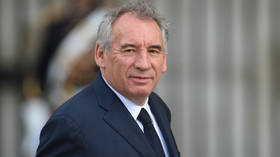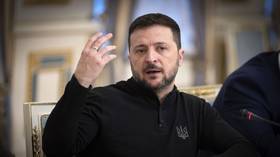Will we eat less?
The problem of rising food prices is expected to be one of the key points at the upcoming G8 summit in Japan. In Russia, prices have been growing around three times faster than in the EU and are likely to increase still further, according to experts.
Russia and Japan are the only countries in G8 that are net food importers. Russia imports almost half its food and agricultural raw materials which it consumes.
The country's dependence on imported food is on the rise. The primary reason for this is the continuing decline of the agricultural sector.
Sergey Guriev, head of Moscow's New Economic School, says Russia's agriculture mainly suffers from poor logistics.
The key factors behind the growing cost of food are high energy prices, the falling U.S. dollar in which food commodities are priced, and government subsidies for biofuels, which have led farmers to switch from growing food crops.
Moreover, some governments have responded with export restrictions.
The rapid growth is taking its toll on Russian households. In the catering business, bar and restaurant owners confess their prices closely follow the soaring food prices. They have to re-print their menus regularly as food becomes more expensive.
With its vast expanses, Russia has the land and water resources necessary to boost agricultural production. But the country lacks both labour and infrastructure.
Forecasts from the U.S. Department of Agriculture suggest prices will remain high next year. Beef and pork may rise by 20%, rice by 30%, and vegetable oils by a hefty 80%.












